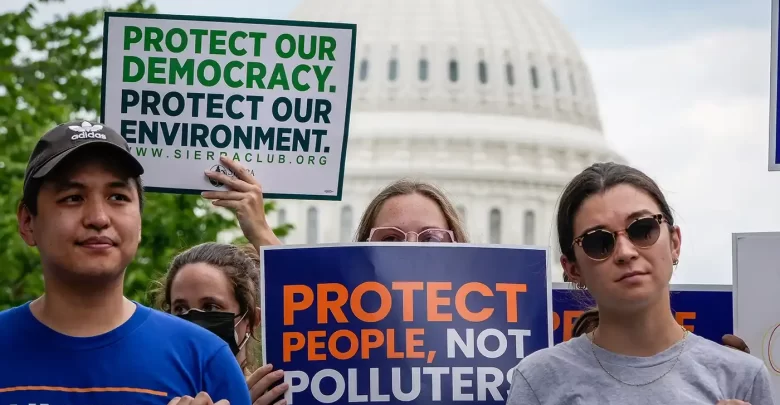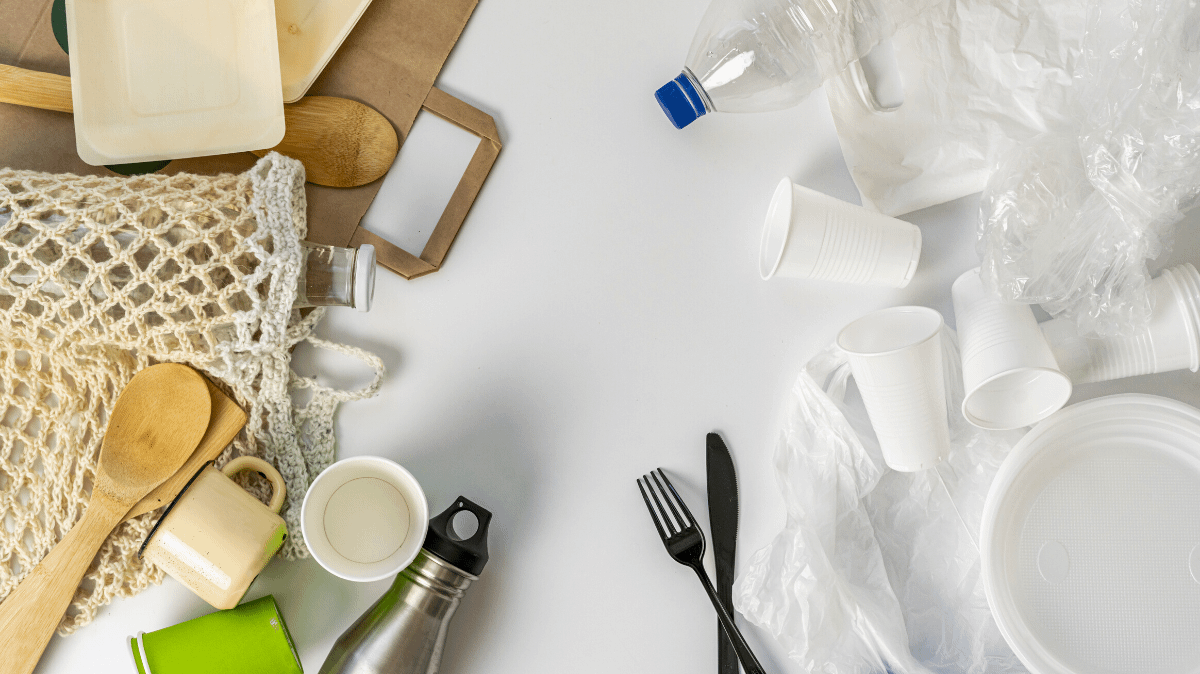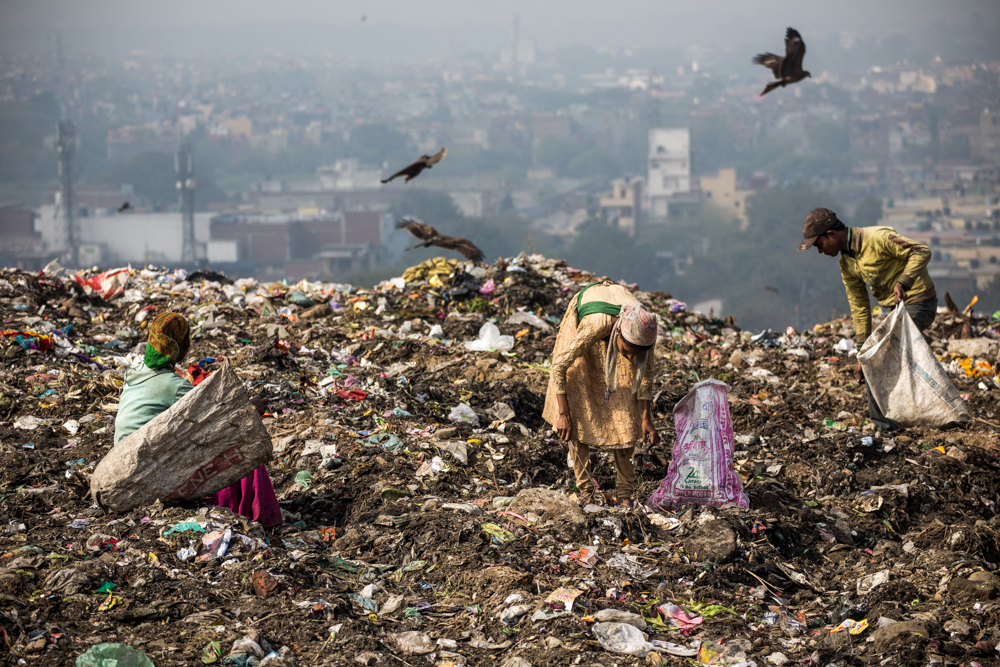
Waste disposal is an essential aspect of maintaining a clean and healthy environment. It involves the proper management and elimination of waste materials to minimize their negative impact on ecosystems and human well-being. In today’s world, one of the most significant contributors to waste is plastic. Plastic has become an integral part of our lives, but its improper disposal and accumulation have led to severe environmental consequences. This article delves into the different types of plastic, the issues surrounding plastic waste, the environmental impact of plastic pollution, potential solutions, and the specific case of India’s plastic pollution problem.
Types of Plastic
Before we delve into the challenges of plastic waste, it’s crucial to understand the various types of plastic. Plastics are polymers made from petroleum or natural gas. They possess a wide range of properties and are categorized into different types based on their composition and characteristics. Common types of plastic include polyethylene (PE), polypropylene (PP), polyvinyl chloride (PVC), polystyrene (PS), and polyethylene terephthalate (PET). Each type has its unique properties, making it suitable for different applications such as packaging, construction, and manufacturing.
Plastic Waste / Plastic Bottles
Plastic waste, particularly plastic bottles, has become a pressing issue worldwide. The convenience and versatility of plastic bottles have led to their widespread use in the packaging industry. However, their disposal poses a significant challenge. Plastic bottles often end up in landfills, where they can take hundreds of years to decompose. Furthermore, inadequate waste management systems and improper disposal practices contribute to the accumulation of plastic waste in natural environments, leading to detrimental effects on ecosystems.
Statistics reveal the staggering scale of plastic bottle consumption and waste. In a single year, approximately 500 billion plastic bottles are used globally, with only a fraction being recycled. This immense volume of plastic waste poses a severe threat to the environment, as it often finds its way into oceans, rivers, and other sensitive habitats.
Plastic Pollution

Plastic pollution refers to the presence of plastic materials in the natural environment, causing harm to ecosystems, wildlife, and human health. It arises from various sources, including improper waste disposal, industrial processes, and plastic products that have reached the end of their lifespan. Plastic pollution is particularly damaging due to its durability and resistance to degradation. As a result, plastic debris persists in the environment for long periods, accumulating over time.
The impact of plastic pollution on ecosystems and wildlife is extensive. Marine animals often mistake plastic debris for food, leading to ingestion and entanglement. This ingestion can result in injury, internal damage, or even death. Plastic pollution affects not only marine life but also terrestrial and avian species. Birds and land animals may become entangled in plastic or suffer from ingestion of microplastics, leading to severe consequences for their health and survival.
The Environmental Impact of Plastic
The environmental impact of plastic is multifaceted and far-reaching. One of the primary concerns is the pollution of water sources. Plastic waste, including microplastics, finds its way into rivers, lakes, and oceans, contaminating these vital water bodies. The presence of plastic pollutants disrupts aquatic ecosystems, affecting aquatic flora and fauna. Moreover, the leaching of chemicals from plastic waste into the water can have detrimental effects on water quality and pose risks to human health.
Plastic pollution also contributes to soil degradation. When plastic waste is improperly disposed of in landfills, it can release harmful substances into the soil, leading to soil contamination and reduced fertility. Plastic materials that end up in agricultural fields or natural habitats disrupt the balance of ecosystems, impeding the growth of plants and the overall health of the environment.
Additionally, the production and incineration of plastic contribute to air pollution. Plastic manufacturing processes release toxic emissions into the atmosphere, including greenhouse gases and volatile organic compounds (VOCs). The incineration of plastic waste further exacerbates this issue by releasing harmful pollutants, contributing to air pollution and climate change.
Plastic Pollution Solutions

Addressing the plastic pollution crisis requires a multi-faceted approach that encompasses both individual actions and systemic changes. One of the primary solutions is reducing plastic consumption. This involves minimizing the use of single-use plastics and opting for reusable alternatives. Governments and businesses can play a crucial role in promoting sustainable practices and implementing regulations to restrict the use of certain types of plastic.
Recycling is another critical solution to plastic waste. By recycling plastic materials, we can reduce the demand for new plastic production and prevent further accumulation of waste in landfills and natural environments. Governments and organizations should invest in efficient recycling infrastructure and raise awareness about the importance of proper waste segregation.
To combat plastic pollution effectively, collaboration between governments, industries, and individuals is essential. Governments can implement policies that promote sustainable practices and enforce strict regulations on plastic production, usage, and waste management. Industries can invest in research and development of alternative materials and eco-friendly packaging solutions. At the individual level, each person can contribute by adopting sustainable habits such as using reusable bags, and bottles, and avoiding excessive packaging.
Alternatives to Plastic

As awareness of the environmental impact of plastic grows, alternatives to traditional plastic materials are gaining popularity. Biodegradable and compostable materials offer promising solutions, as they can break down naturally and reduce long-term pollution. Materials like bioplastics, made from renewable resources such as cornstarch or sugarcane, are gaining traction as viable alternatives to conventional plastic.
Sustainable packaging options, such as cardboard, paper, or plant-based materials, also offer alternatives to plastic packaging. These materials are often recyclable, biodegradable, or compostable, reducing the environmental footprint associated with packaging waste. Consumers can actively choose products packaged in these materials, encouraging businesses to adopt sustainable practices.
India’s Plastic Pollution

India faces significant challenges regarding plastic pollution due to its large population and rapid industrialization. The country generates a massive amount of plastic waste, and inadequate waste management systems contribute to its accumulation. However, India has also taken notable steps to address the plastic pollution problem.
The Government of India has implemented several initiatives to combat plastic pollution. The “Swachh Bharat Abhiyan” (Clean India Mission) emphasizes proper waste management, including the ban on certain single-use plastic items. Furthermore, the government has encouraged the use of alternatives like jute bags and paper packaging.
Despite these efforts, challenges persist in India’s plastic waste management. The informal sector, comprising waste pickers and recyclers, plays a significant role in waste management but faces socioeconomic vulnerabilities. Addressing the plastic pollution problem requires the integration of formal and informal sectors, technological advancements, and increased public awareness.
Conclusion
Plastic pollution poses a significant threat to our environment and ecosystems. The accumulation of plastic waste, particularly plastic bottles, and the resulting pollution impact ecosystems, wildlife, and human health. However, by adopting sustainable practices, recycling, and supporting alternatives to plastic, we can mitigate the environmental impact of plastic pollution.
Taking individual actions, such as reducing plastic consumption and choosing eco-friendly alternatives, is crucial. Additionally, governments, industries, and communities must work together to implement policies, invest in recycling infrastructure, and raise awareness. By collectively addressing plastic pollution, we can protect our planet for future generations.
Plastic Pollution FAQs
How long does plastic take to decompose?
Plastic can take hundreds of years or more to decompose, depending on the type and environmental conditions. Some types of plastic may never fully decompose.
Are there any health risks associated with plastic pollution?
Yes, plastic pollution poses health risks. Ingestion of microplastics and exposure to harmful chemicals leached from plastic can have adverse effects on human health, including endocrine disruption and respiratory problems.
What are microplastics, and how do they impact the environment?
Microplastics are tiny particles of plastic measuring less than 5 millimeters in size. They can enter the environment through various sources, including the breakdown of larger plastic debris. Microplastics have been found in water bodies, soil, and even in the air. Their impact on the environment is still being studied, but they can harm marine life, contaminate food chains, and potentially affect human health.
Can recycling solve the plastic pollution problem?
While recycling is an essential part of managing plastic waste, it is not a complete solution. Proper waste management, reduction of plastic consumption, and transitioning to alternative materials are also crucial to address the plastic pollution problem comprehensively.
How can individuals contribute to reducing plastic waste?
Individuals can contribute to reducing plastic waste by adopting sustainable habits such as using reusable bags, bottles, and containers. Avoiding single-use plastics, recycling properly, and supporting businesses that prioritize eco-friendly practices are also effective ways to make a positive impact.



